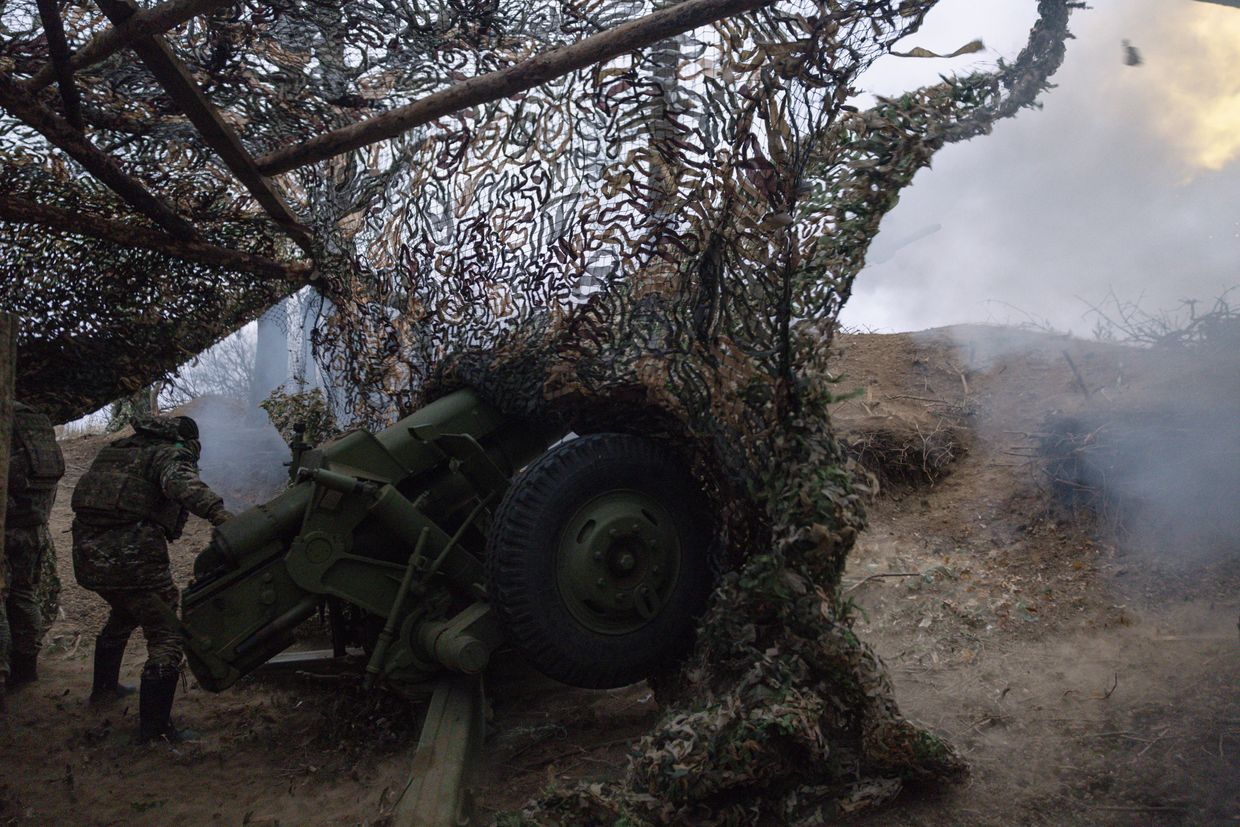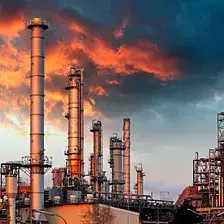Russia will be able to produce 30% more artillery shells than all EU member states combined next year, Ukrainian Foreign Minister Andrii Sybiha said at a press conference in Kyiv on Nov. 9.
“According to Ukrainian intelligence, using the information we have, if there is no proper response or prevention, Russia will be able to produce 30% more artillery shells than all countries of the European Union combined,” he said in comments reported by Ukrinform.
Sybiha called for international action to constrain Russia’s industrial capacity.
Everyone’s like: “Russia is gonna run out of bullets”
Ha ha ha… haaa 😩
I’m curious how long they can sustain this as it’s probably a lot like WWII when the US commandeered a bunch of factories for the wartime effort. This isn’t sustainable long term as those factories need to produce regular goods for the country as well plus I don’t know how well the Russian people support the war so they may not have the same ‘spirit’ to win the war as we did here back in the '40s.
Russia has the propaganda machine that got Trump elected. I’d be (pleasantly) surprised if their citizenry was able to meaningfully resist
It’s not in their national psyche. Everyone who wanted to resist has already left the country.
A dictator can sustain as long as there is metal for bullets.
People still need to eat though.
Cake
Despite being a video-essay channel, this channel has good economic analysis of the conflict.
tl;dr current indicators suggest they will continue to increase production as they build domestic production to deal with sanctions, but if it continues for more than a couple more years, it will decrease 10 year growth projections.
Weren’t they having to get old shells from North Korea not long ago…
They aren’t doing much with a 8 to 1 shell advantage, imagine how it goes if they are almost at parity. And this is with the west barely breaking a sweat
Doesn’t really matter all that much since Europe is able to buy shells from non-European countries. South Korea manufactured more 155mm artillery shells than all of Europe combined in 2023 - and that is in addition to the ones that are produced in the EU.







